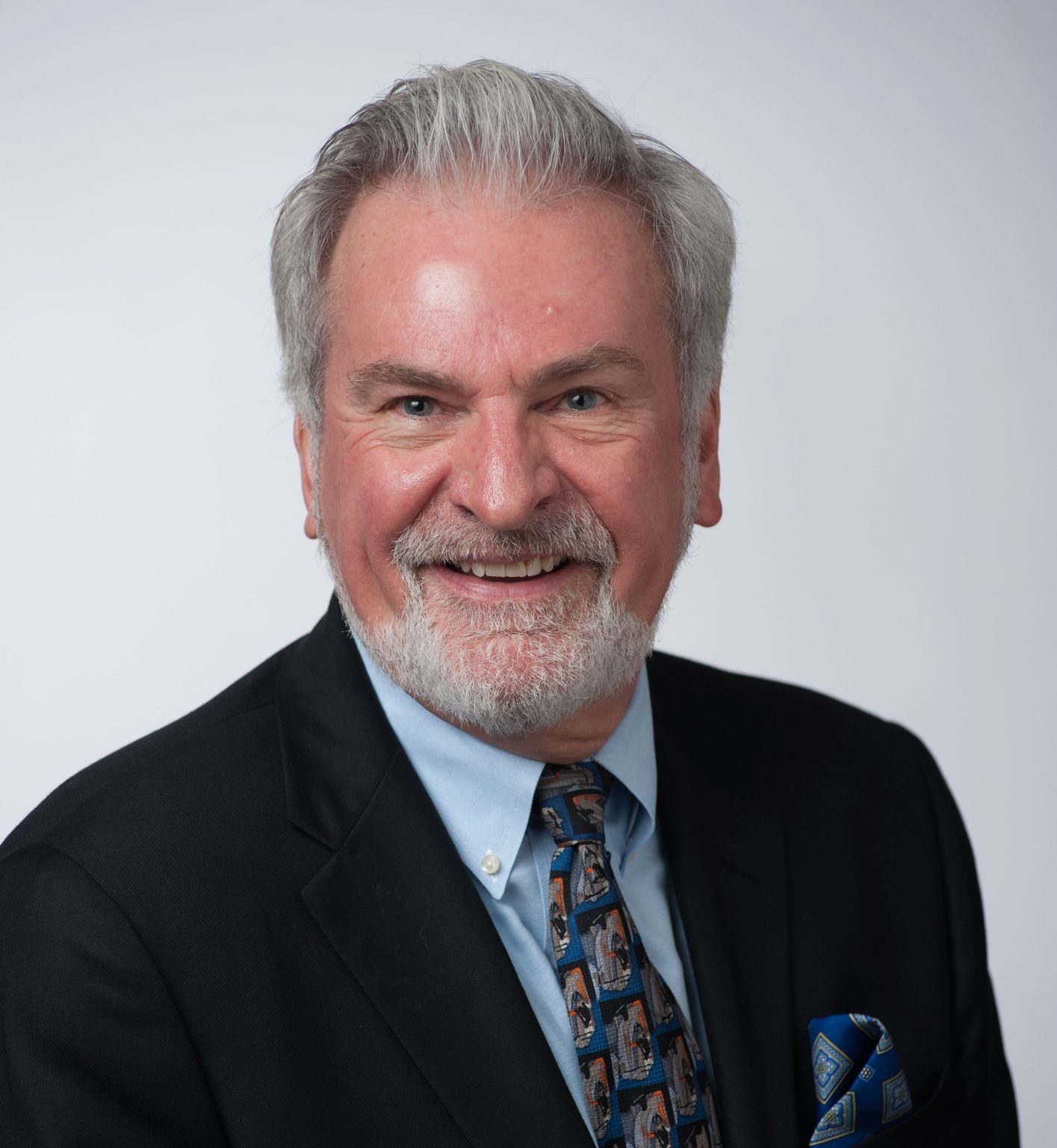
When Dr. Sam Cullison isn’t busy serving as vice president of graduate medical education at Methodist Health System, he can be found running a technology assessment group, the clinical research institute, or the relatively new physician leadership program there.
A man who attributes this “juggling” of leadership titles to his training as a family physician, while also specializing in geriatrics and addiction medicine and being able to manage all those duties, Cullison maintains a calm, collected persona in any situation–from starting up the physician leadership program in 2015 to finding time to see patients.
I spoke with Cullison about his role with the program and how he was able to create the largest physician leadership program in the nation, as described by the American Association of Physician Leadership.
You came to Methodist in 2013. What was the specific reason they recruited you?
“I was hired to oversee graduate medical education here, but we as an organization decided that we wanted to expand opportunities for physician leadership in the organization, and do it successfully. We wanted to offer it to the doctors who wanted such things for training, leadership, and business in general. I was asked to head up this [physician leadership] program with cohort number one [where we took 25 physicians]. I was actually an administrator and a student as well.”
How did you come up with the curriculum and design for the program?
“I made it up as I went along. When this thing was first proposed … we created a set of expectations we wanted in the program. We wanted it to be tailored to physicians, we wanted it to be substantial and not just one or two classes … we wanted to have the classes be provided by a reputable, well-known entity, and have it lead to a designation [now by the American Association for Physician Leadership].”
“We identified what the classes would be [there were classes on finance, healthcare policy, how to be a manager, how to supervise people, how to lead groups, change management, strategic planning, governance, and resident leadership] and how long they would take. The whole idea was hatched January to June 2015, roughly.”
“The program is a two-year fellowship. If [you] pass the exam, [then you] receive a diploma. It’s 160 hours of classwork and over two years leading to a degree as a certified physician executive through the American Association of Physician Leadership. Two-thirds of the classes were in person—Fridays and Saturdays for eight hours a day, and then the remaining one-third were web-based.”
“I sent out emails all summer. We formed a steering committee that [consisted of] senior executives from Methodist and then the campus president from each of our hospitals, and a handful of physician leaders helped me select the first class. There were 50 applicants for 25 spots.”
And how did you vet the applicants?
“I constructed a grid [for each applicant] on their experience in leadership, what campus they were from, their specialty, how long they’ve been at Methodist, and existing roles. After two hours the committee selected the first class … and the completion rate for first cohort is 96 percent. It went so well that, one year later, even though the first group was one year in, we increased the second and third class to 35.”
What have you seen so far as a result of the program within Methodist’s health system?
“We’ve trained almost 90 doctors in this program over the last three years. What happens … is that so many people who apply to this were existing, experienced leaders without training, or potential leaders who were viewed with promise, but frankly had no experience. What has happened with an organization as large [as Methodist], being scattered all over Dallas-Fort Worth, is that pockets of leadership may or may not look at things in similar, cohesive ways. The other return, other than a nice plaque to put on the wall and learning, is that it’s created a cohort of people who not only have a shared experience, but as leaders in Mansfield and Richardson, actually become friends and colleagues and develop relationships across campuses. They can call each other when they have questions and act as interactive mentors to each other. It’s had a glue-like effect within the organization, which may be as significant as the learning. You can’t buy that.”
As the third class finishes the program, what are some things you’ve learned?
“To be honest, most of the lessons from the experience have been infrastructure or administrative. The quality of the courses and speakers have been incredible. One of the elements that caused us to be very physician-centric was to tailor the program to what a doctor needs to function in a healthcare environment.”
“This program also engenders loyalty. Of the 25, only one left Methodist after completing the program to go elsewhere. Each individual who participates in the program costs about $15,000. How we engineered this for the program was, half the cost is paid by the medical staff dues fund, and the rest is by the Methodist organization.”
After spearheading this program, along with all your day-to-day duties, how are you able to handle it?
“Working in an area … you’re passionate about is just super-easy. It feeds energy into you; it’s self-generating like a solar panel. It’s easy to excel and get really good at it because it’s so rewarding. It’s hard to be successful at something you hate or even passive about. It’s super-easy to achieve a lot with something that’s fundamentally, deeply fulfilling at your core.”




